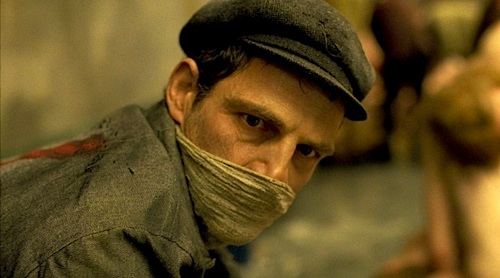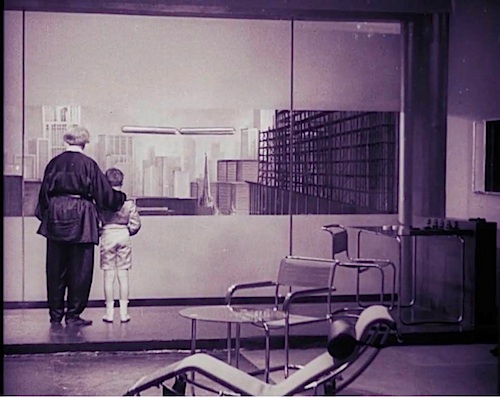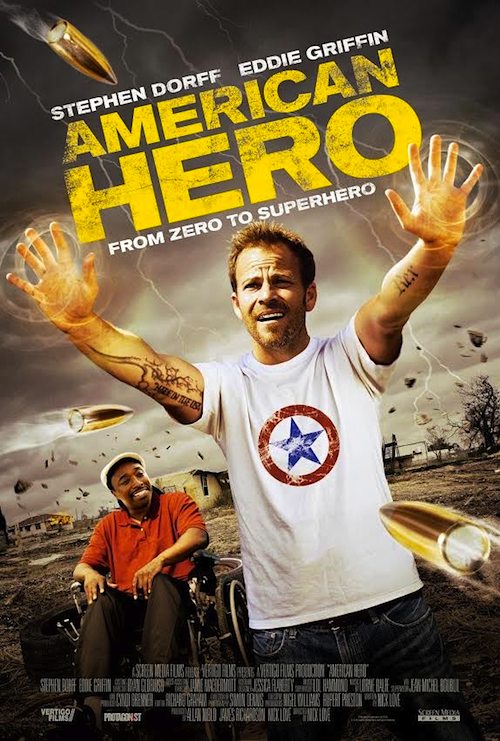By Joe Bendel. Frankly, the Scorpions were almost as skeptical as everyone else when they announced their “farewell” tour. Of course, with each extension, the question looked increasingly moot. Nevertheless, the tour finally ended, but Katja von Garnier was there to document their relentless string of stadium concerts in Scorpions: Forever and a Day, which is now available on DVD from MVD.
The Scorpions were the original road warriors, so all the current members are unsure how they will keep themselves once they retire from active touring. Right from the start, they granted themselves a loophole for special one-off gigs. They just wanted to avoid looking ridiculous by staying too long at the Headbangers’ Ball. After all, the band has recently joined the Rolling Stones in the exclusive ranks of rock band still active after their fiftieth anniversary.
Von Garnier also chronicles the creation story, growing pains, and international success of the band. Founding guitarist Rudolf Schenker has been the only constant since they formed in 1965, but for many fans, the Scorpions’ history really starts four years later when lead vocalist Klaus Meine joined. Even if you are not a metalhead, the two veteran band-members are surprisingly interesting and engaging to meet on screen. For instance, despite the decades of touring (and everything that implies) Meine remains happily married to his longtime wife (although the doc rather implies there is more to the story than they care to share).
In contrast, Schenker is sort of the bad genius guru of the band. He had the vision to drag the Scorpions to Russia in 1988 when the Communist government was still giving rock music the bureaucratic stink eye. They lost money on that initial show, but when they came back one year later, they found the seeds they had sown had sprouted a large popular following during the Glasnost thaw. Their Russian experiences inspired “Winds of Change,” which became the power ballad anthem of Glasnost and the Fall of the Berlin Wall (recorded by a German band, singing English lyrics, the band duly notes). Mikhail Gorbachev does not appear in many rock docs, but he turns up here (and he’s still a fan).

You have to give any band credit when they hit the fifty year mark, no matter how many personnel changes they have had. Although following the tour is repetitive by its nature, von Garnier does her best to exploit drama when it arises. Will Meine get voice back in time for the concert at Paris’s Bercy Arena? No spoilers here.
In any event, Forever is a solidly entertaining, highly accessible rock documentary. For perspective, it is on par with The Other One: the Long Strange Trip of Bob Weir and considerably superior to Janis: Little Girl Blue. Highly recommended for Scorpions fans and worth checking if you are somewhat intrigued or baffled by the band’s longevity, Scorpions: Forever and a Day is now available on DVD and Blu-ray from MVD.
LFM GRADE: B
Posted on December 18th, 2015 at 1:48pm.




